Microsoft fails to patch critical flaw in Internet Explorer
Despite being warned of the existence of a dangerous exploit in Internet Explorer, Microsoft has decided not to fix it

A critical flaw in an older version of Microsoft's Internet Explorer has gone unpatched, despite Redmond being warned of it last year.
HP's Zero Day Initiative (ZDI) site outlines how the exploit, which could allow attackers to control a user's computer, was discovered by a Belgian researcher in October 2013. ZDI has a policy of disclosing publicly any vulnerability that goes unpatched for six months or more.
Internet Explorer 8 still commands a fifth of the desktop browser market despite being five years old.
The flaw is exploited when a user connects to a malicious website or downloads an unknown file, allowing an attacker to execute arbitrary code that gives them control.
The attacker has no way to force the victim to visit the website and so has to convince them, usually in an email attachment or link. Once fully the browser's code is compromised, the attacker would then gain the same user rights as the victim.
If the target is an IT administrator it could give the hacker access to any number of sensitive files.
IE 8 is also the most recent browser version available for out-of-date operating system Windows XP. As cybercriminals create new ways to attack the long-standing OS, multiple attacks could be initiated via this one exploit.
Get the ITPro daily newsletter
Sign up today and you will receive a free copy of our Future Focus 2025 report - the leading guidance on AI, cybersecurity and other IT challenges as per 700+ senior executives
Microsoft left no comment on the disclosure, but recommended that users security settings be moved to "high" in order to block unknown scripting in malicious websites. IE customers should also ensure that prompts are enabled, it said, to warn potential victims before script action is taken through the browser.
ZDI informed Microsoft of its intention to publish the issue at the beginning of the month, but received no reply from the software giant.
-
 CISA issues warning in wake of Oracle cloud credentials leak
CISA issues warning in wake of Oracle cloud credentials leakNews The security agency has published guidance for enterprises at risk
By Ross Kelly
-
 Reports: White House mulling DeepSeek ban amid investigation
Reports: White House mulling DeepSeek ban amid investigationNews Nvidia is caught up in US-China AI battle, but Huang still visits DeepSeek in Beijing
By Nicole Kobie
-
 Microsoft angers admins as April Patch Tuesday delivers password feature without migration guidance
Microsoft angers admins as April Patch Tuesday delivers password feature without migration guidanceNews Security fixes include a zero day exploited by a ransomware group and seven critical flaws
By Connor Jones
-
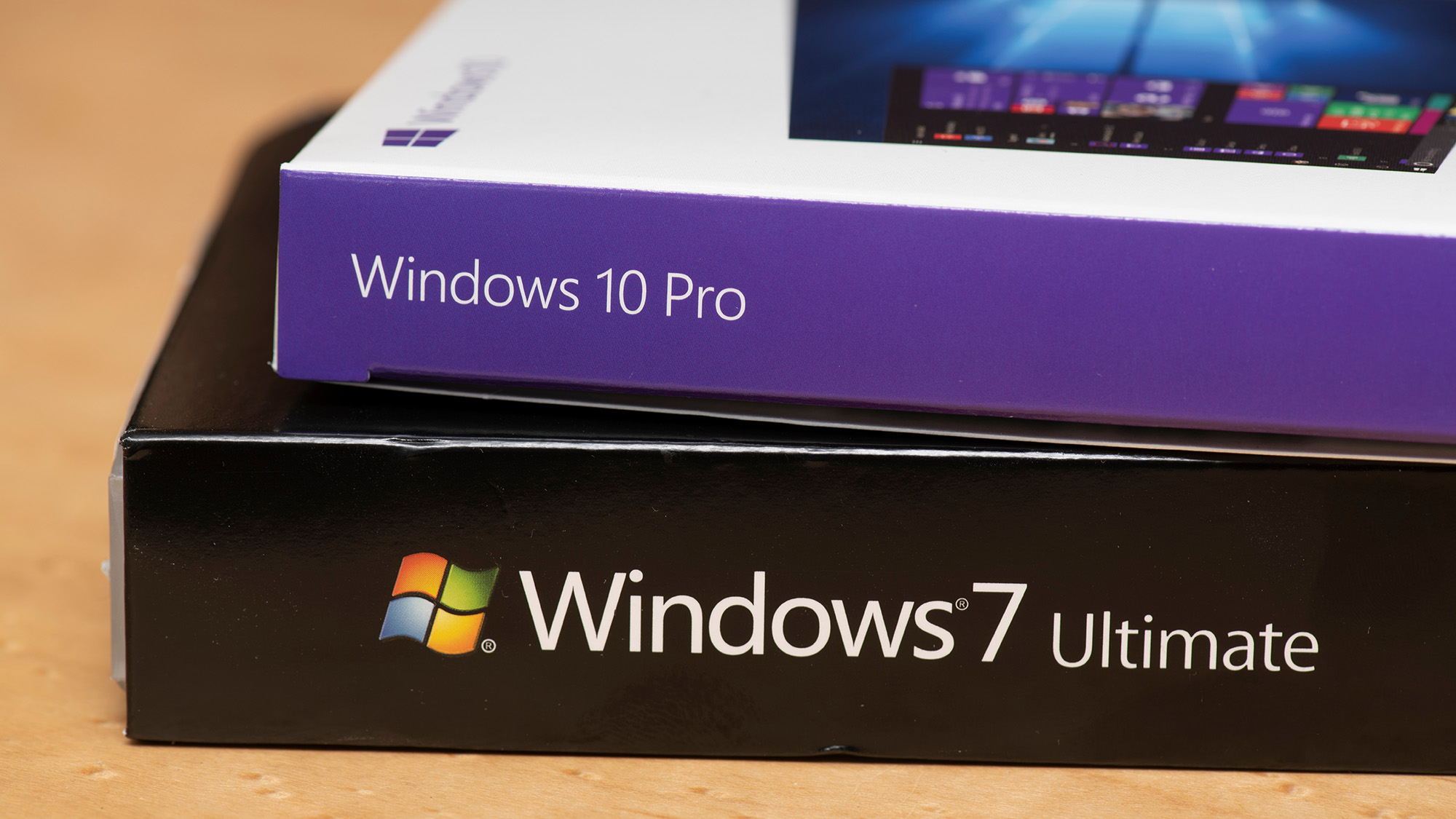 Managing a late migration
Managing a late migrationOpinion When it comes to moving from Windows 7 to Windows 10, it's better late than never
By Jon Honeyball
-
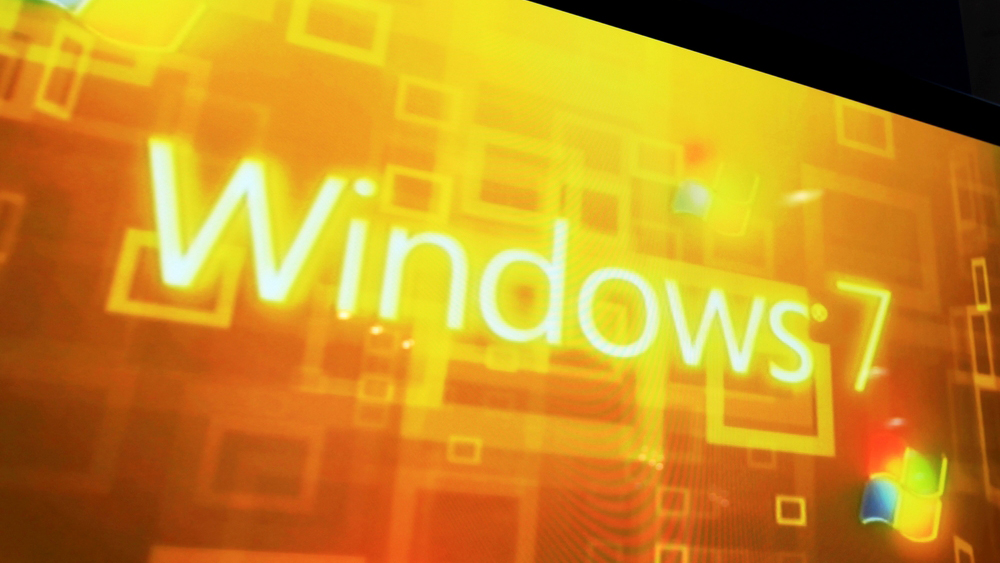 How to set up a Windows 7 emulator for Windows 10
How to set up a Windows 7 emulator for Windows 10Tutorials A complete guide for setting up a Windows 7 emulator for Windows 10 so you don’t lose access to your apps
By Nik Rawlinson
-
 The autopsy of Windows 7
The autopsy of Windows 7In-depth Report of a postmortem examination
By Chris Merriman
-
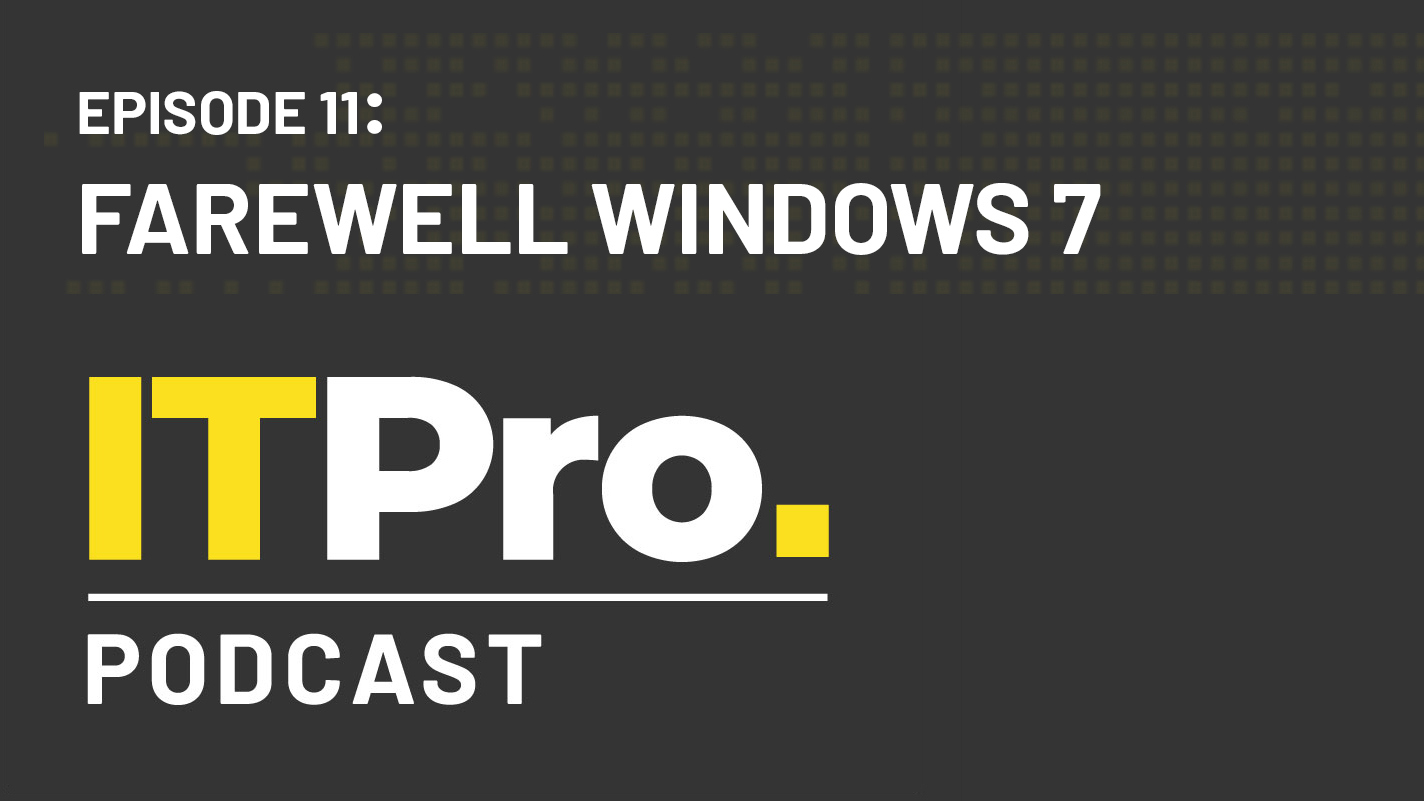 The IT Pro Podcast: Farewell Windows 7
The IT Pro Podcast: Farewell Windows 7IT Pro Podcast We reflect on the legacy of one of Microsoft's most enduringly popular operating systems
By IT Pro
-
 Windows 7 ends: what do you do next?
Windows 7 ends: what do you do next?In-depth From SMBs to big business and individuals, after 10 years it's time to move on from Windows 7
By Jon Honeyball
-
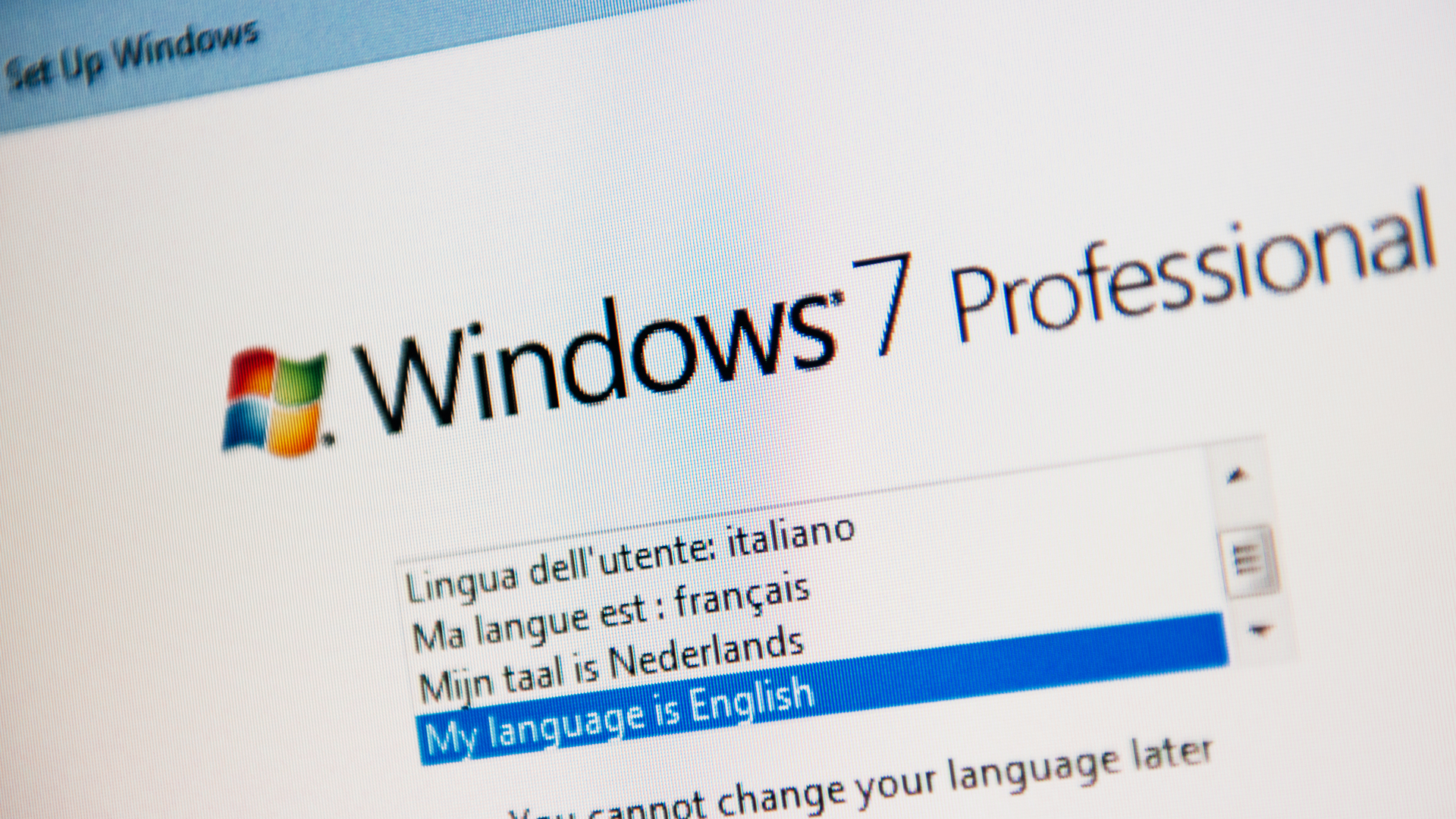 Windows 7 end of life: What to do if you haven't upgraded yet
Windows 7 end of life: What to do if you haven't upgraded yetIn-depth Microsoft has now officially moved Windows 7 to end of life, meaning it's no longer a viable business platform
By Dale Walker
-
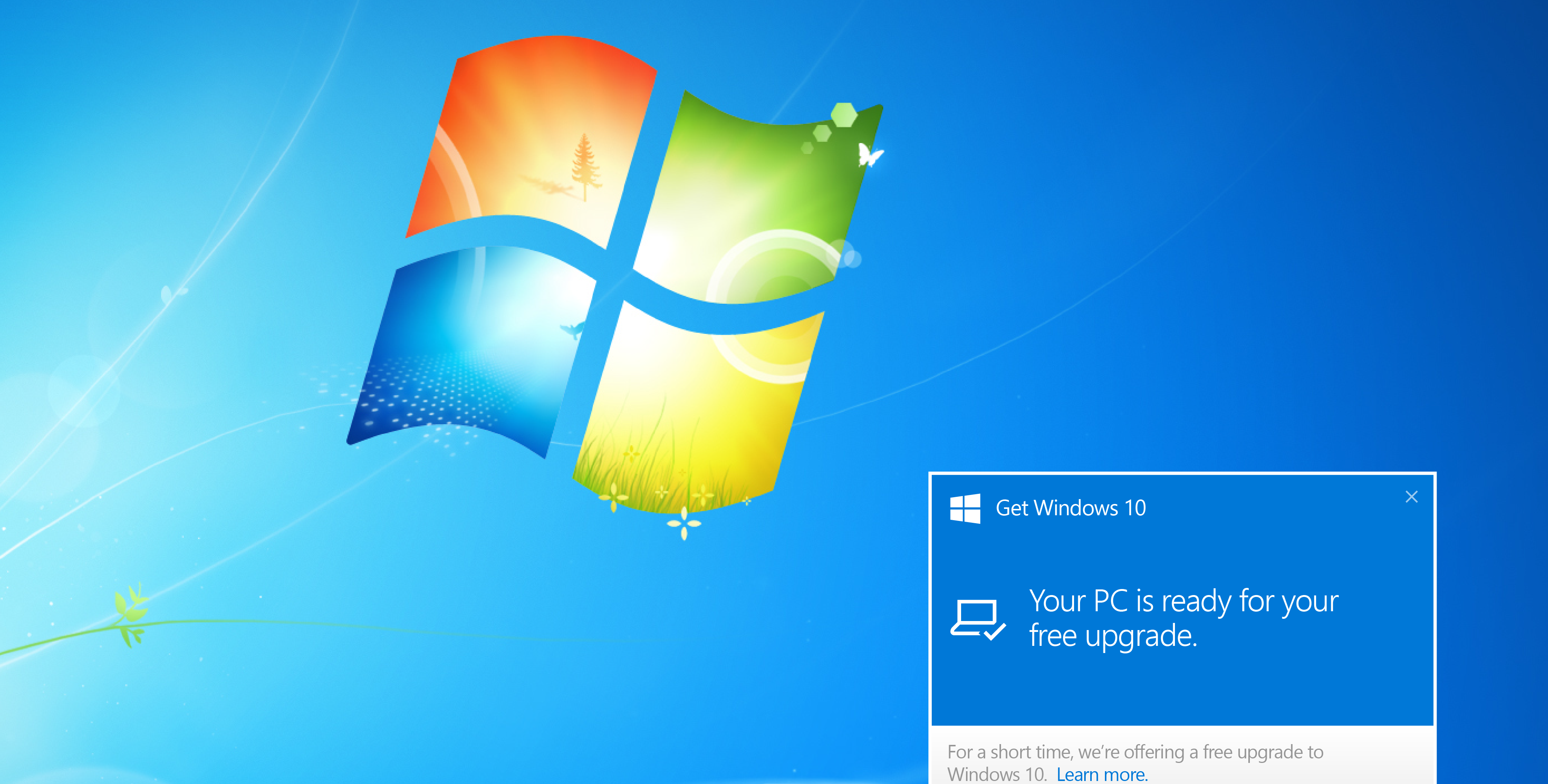 Windows 10 vs Windows 8.1 vs Windows 7 - Microsoft OS head-to-head
Windows 10 vs Windows 8.1 vs Windows 7 - Microsoft OS head-to-headVs We pit Microsoft's most popular operating systems against each other to see which is the greatest of all time
By Mike Passingham